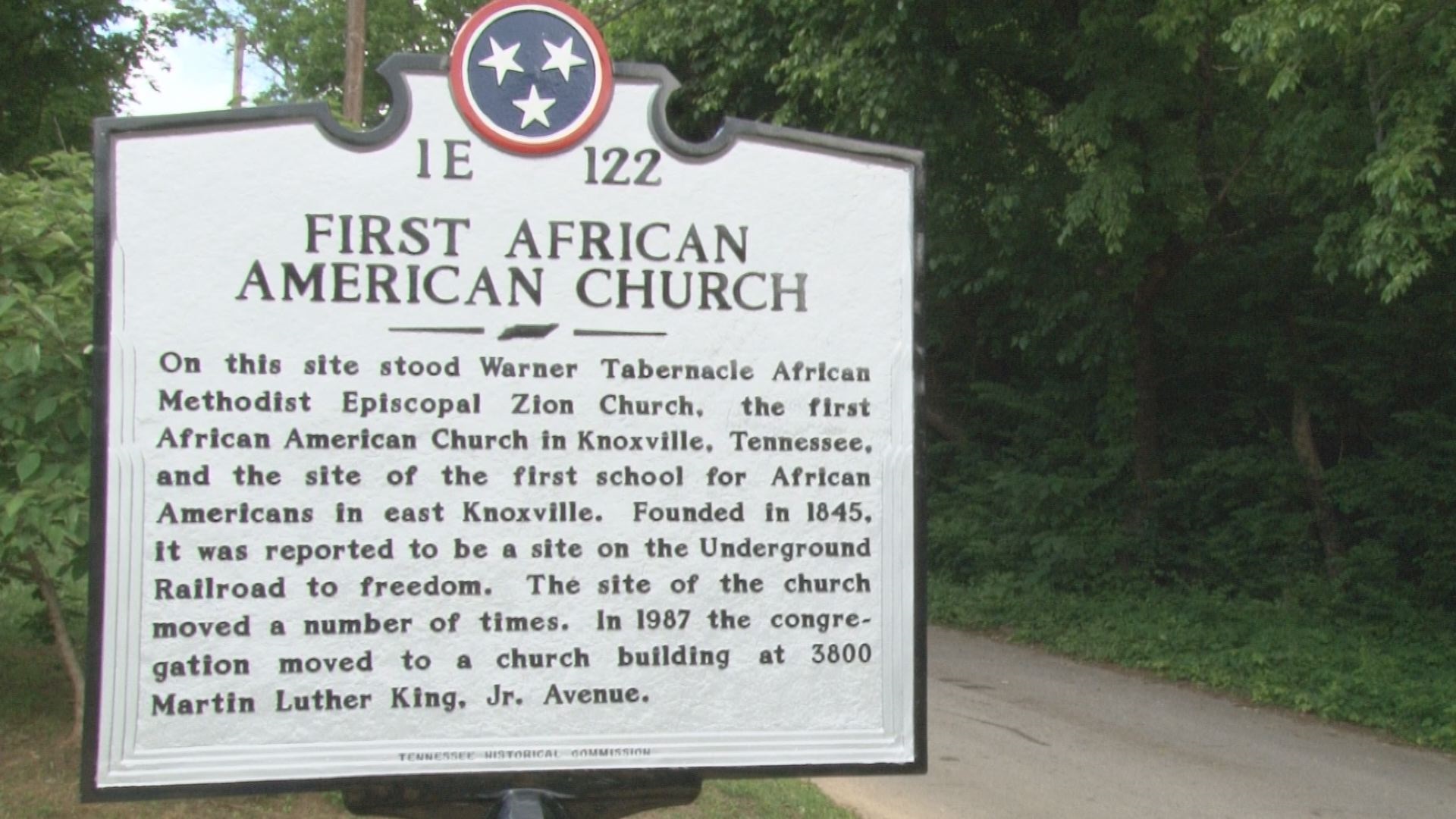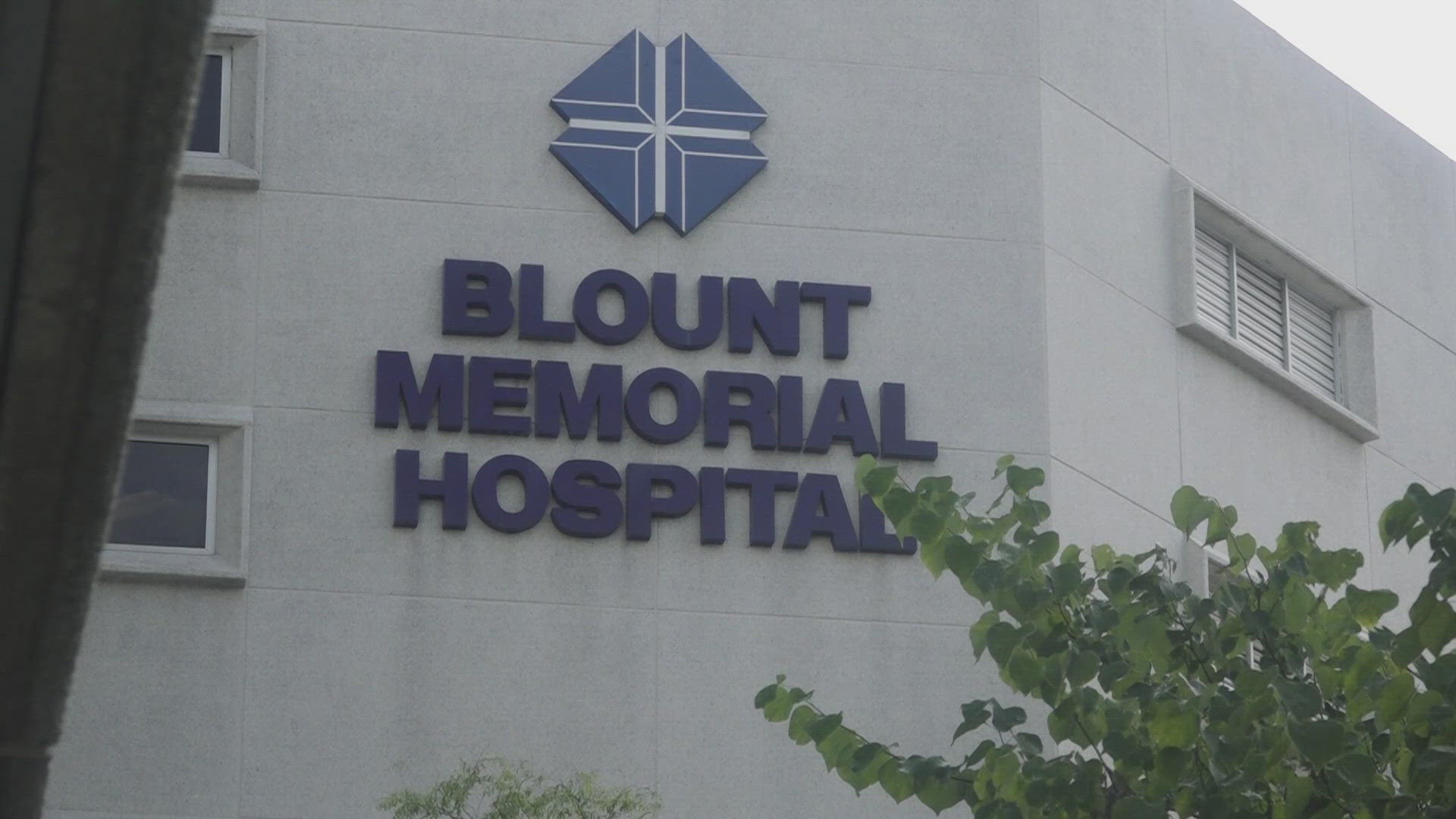(WBIR) Knoxville leaders unveiled a historical marker Tuesday afternoon for a piece of land where the first African-American church in Knoxville once stood.
The former Warner Tabernacle African Methodist Episcopal Zion Church on Fuller Avenue was founded in 1845, 16 years before the start of the Civil War.
"The law was blacks could not assemble," said Darryl Starnes, a former pastor of the church. "It was illegal during the years of slavery, and somehow the community of Knoxville allowed this church to start."
The church locations also served as the first African-American school in East Knoxville and was a reported site of the Underground Railroad.
"It is amazing to me because when I first became the pastor, I read the history, and I said the world needs to know about this," Starnes said.
The Tennessee Historical Commission authorized the placement of a historical marker at the former site of the church to recognize and make the public aware of the events that happened there.
"This was a site where the people of God gathered on a continuous basis to recognize that even freedom would not happen if it was not for the God that we serve," Charles N. Darden, current pastor of the church, said.
Church member Lavonia Moore said the church moved from the Fuller Avenue location in 1968 and then once again to its present day location on Martin Luther King Avenue.
Moore said her grandparents went to the church, and her parents met and were married there. Seeing the historical marker placed at the site means that this history will not be forgotten.
"This marker lets us know how far that God has brought us and how far he will continue to take us on in the future," she said.
Church members said the location will forever be remembered now as a place that honors the history of the church but also its role in developing faith, freedom, and education in the African-American community of Knoxville.
"When we gather here. we remember what God has done in the lives of Greater Warner members, and we continue that legacy and pass it on even to our young people," Darden said.


